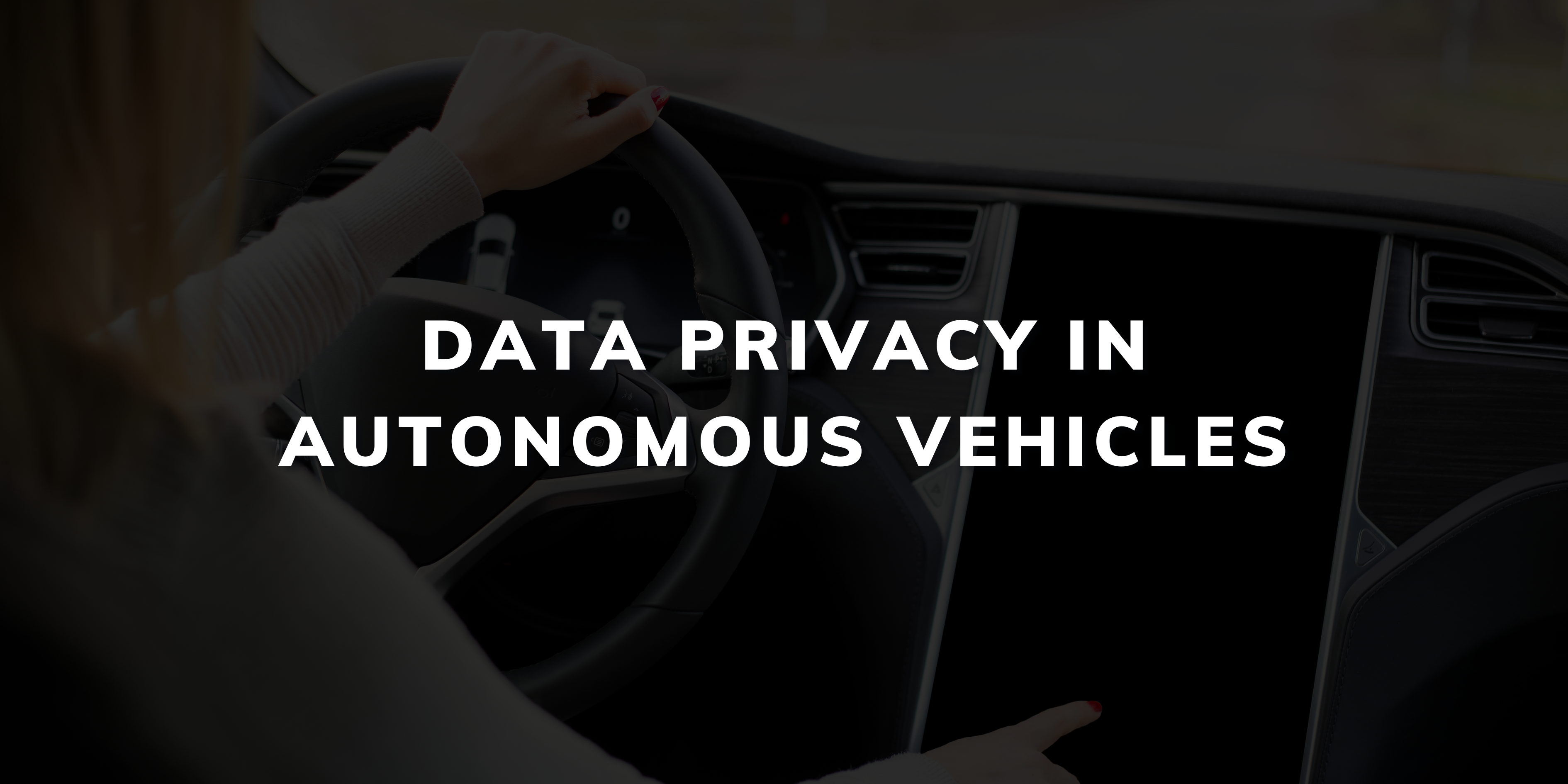
Data Privacy in Autonomous Vehicles
The rise of autonomous vehicles (AVs) heralds a transformative era in transportation, offering potential benefits like improved traffic efficiency, reduced accidents, and enhanced mobility for all. However, as these vehicles integrate more deeply into our daily lives, they also raise significant data privacy concerns that must be addressed to ensure user trust and regulatory compliance.
Key Summary
- Autonomous vehicles (AVs) raise critical privacy and security issues due to extensive data collection.
- Data privacy in AVs hinges on robust cybersecurity, data minimisation, and clear user consent mechanisms.
- Privacy by Design should be a core principle in AV development, embedding privacy safeguards from the start.
- Transparency in data usage is crucial for building user trust and ensuring clear communication.
- Regular audits are necessary to maintain privacy standards and comply with evolving regulations.
The Data Driven Core of Autonomous Vehicles
Autonomous vehicles are essentially data centres on wheels. They rely on a continuous stream of data from sensors, cameras, and GPS units to navigate and make decisions in real time. This data isn’t just technical—it often contains sensitive personal information about passengers’ habits, locations, and even conversations.
For instance, location data can reveal a person’s daily routine, places of interest, and other personal details. Cameras and microphones inside the vehicle could capture more than just the necessary road and passenger safety information, potentially leading to unintended privacy intrusions.
Battling Against Privacy Challenges
Autonomous vehicles (AVs) present several privacy challenges as they integrate deeper into our daily lives. A paramount concern is data security, given the potential for breaches to expose users’ personal information to unauthorised parties. Cybersecurity measures are therefore crucial in safeguarding the data collected by AVs, which includes sensitive information gathered from sensors, cameras, and GPS units.
Another critical issue is data minimisation. The fundamental privacy principle of collecting only the necessary data is challenged by AVs, which can accumulate vast amounts of extraneous information. It’s essential that this data collection is limited to what is strictly required for vehicle operation to mitigate privacy risks.
Furthermore, consent and control remain major hurdles. Users often have limited control over what data is collected and how it is used. Ensuring that passengers can provide informed consent and genuinely control their personal data is fundamental to maintaining privacy.
The practice of anonymising data can help reduce privacy risks, but the vast volume of data collected by AVs poses a re-identification risk unless robust anonymisation techniques are utilised. This makes the application of effective anonymisation methods crucial in protecting user data from being linked back to individuals.
Lastly, regulatory compliance is a significant challenge for AV manufacturers. Privacy laws vary significantly across different regions, such as the General Data Protection Regulation (GDPR) in Europe and the California Consumer Privacy Act (CCPA) in the United States. Manufacturers must navigate these complex legal landscapes to ensure they comply with regional privacy laws, adapting their data handling and privacy practices to meet these varying requirements effectively.
Enhancing Data Privacy in AVs
The concept of “Privacy by Design” is crucial for autonomous vehicle (AV) manufacturers, requiring the integration of privacy considerations right from the design stage of vehicle development. This approach encompasses the implementation of strong cybersecurity measures, data minimisation techniques, and user-friendly privacy controls.
Transparency is another key strategy that companies must prioritise. It is essential for AV manufacturers to be clear about the types of data they collect and the purposes for which it is used. Providing detailed privacy policies and regularly updating these documents can play a significant role in building and maintaining trust with users.
Empowering users is equally important. Manufacturers should provide easy-to-use tools that allow users to control their personal data effectively. Features like data access logs and adjustable privacy settings can make a significant difference, enhancing user trust and satisfaction by giving them control over their information.
Lastly, regular audits of privacy and security measures are critical in maintaining the integrity of data protection practices. These audits help identify and address vulnerabilities promptly, ensuring that AV systems are secure and compliant with relevant privacy laws and regulations.
Looking Ahead
As autonomous vehicles continue to evolve, the need for robust data privacy protections becomes more critical. By addressing these concerns proactively, manufacturers and policymakers can help ensure that the road ahead is safe not only in terms of physical safety but also in protecting the privacy of every individual.
This balance will be key to the widespread adoption and success of autonomous vehicles in our future mobility ecosystem.
